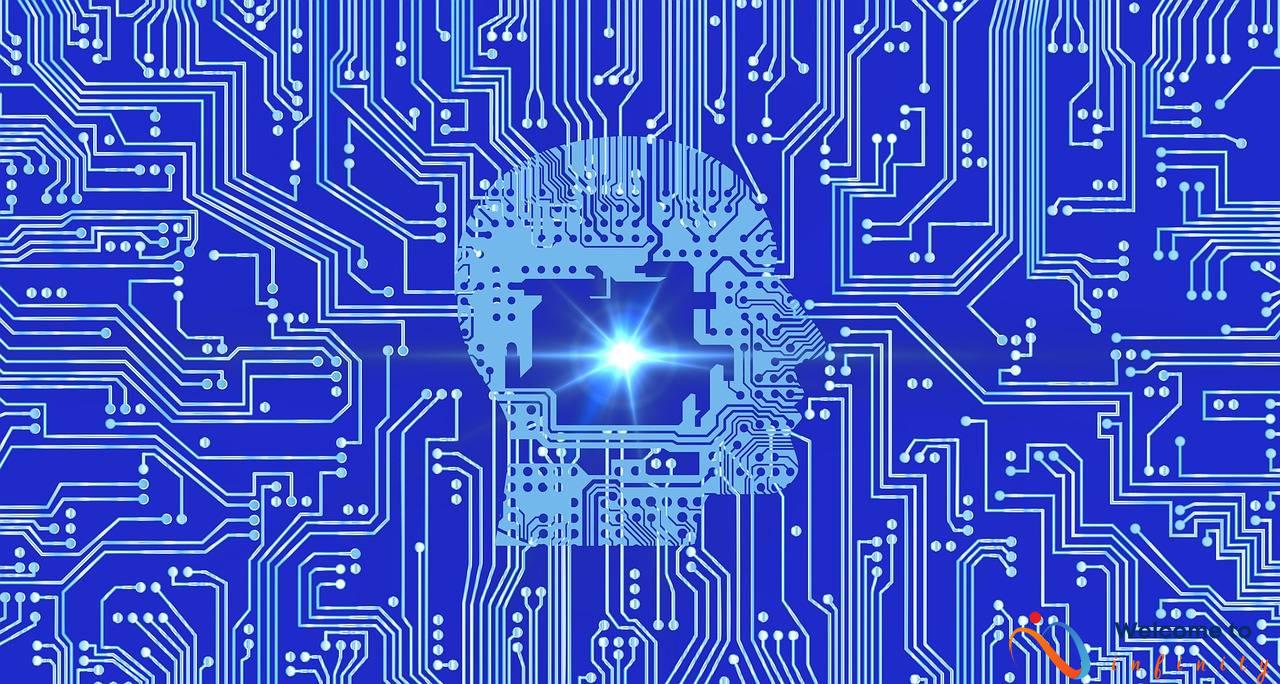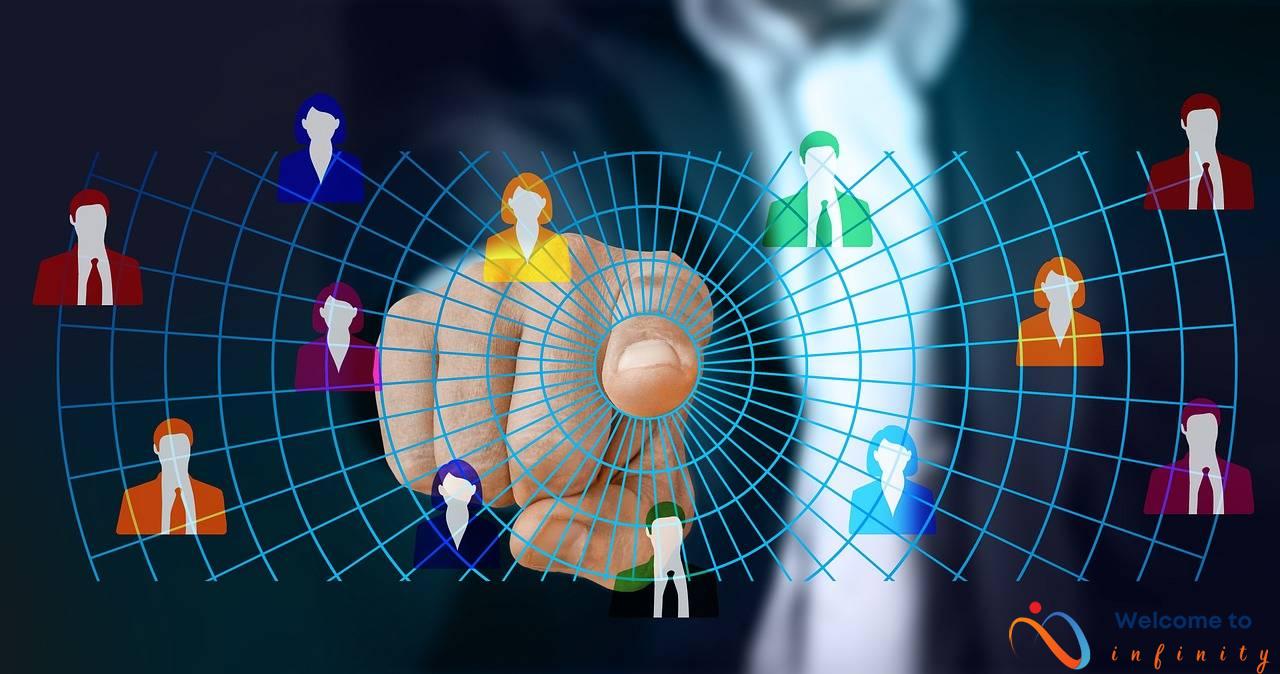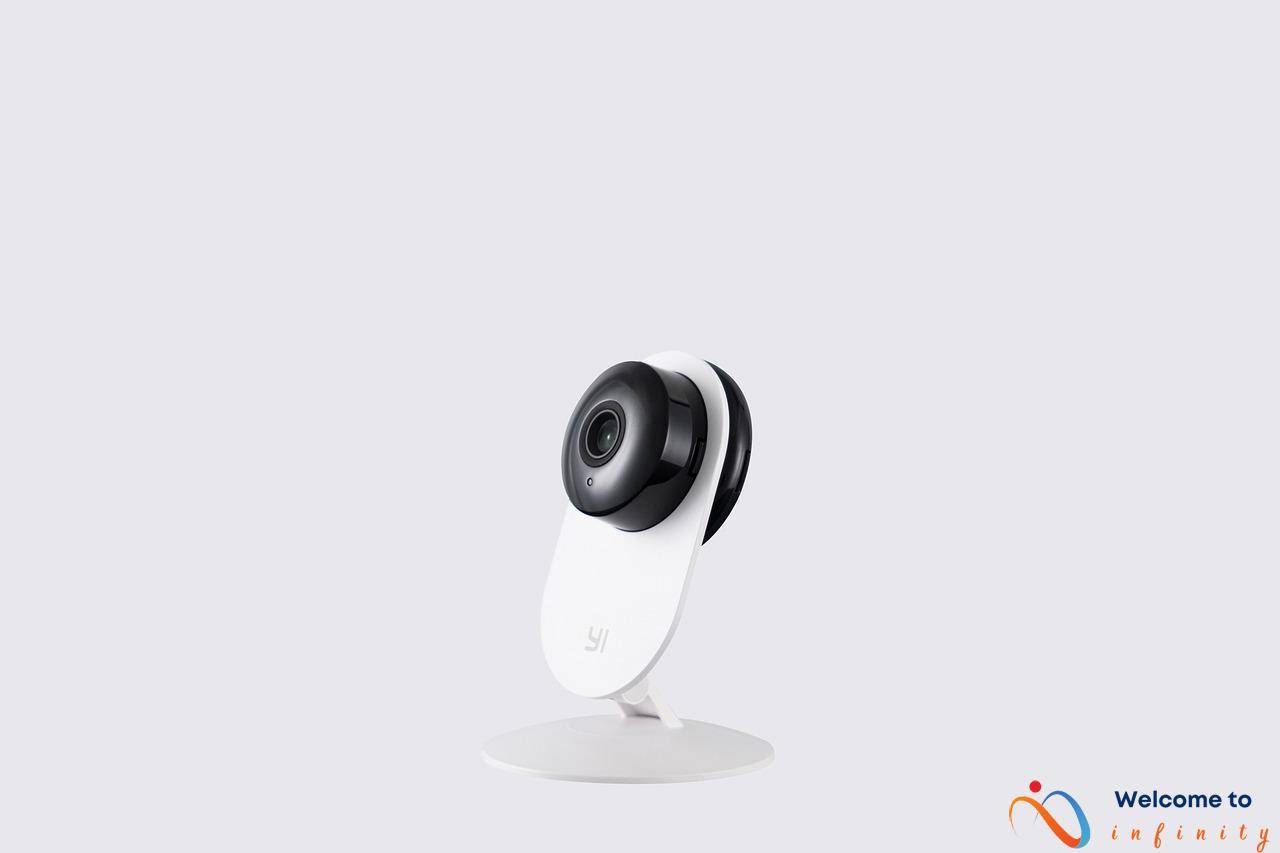Machine learning is an innovative technology with the potential to revolutionize the healthcare industry. Its capabilities, such as predictive analytics, personalized medicine, disease diagnosis and prognosis, drug discovery, and clinical decision support, can significantly improve patient outcomes. In this article, we will explore the various applications of machine learning in healthcare and the challenges that need to be addressed for its successful implementation.
Applications of Machine Learning in Healthcare
Machine learning algorithms have shown immense potential in the healthcare industry. They have proven their worth in several applications, including:
- Predictive Analytics: By analyzing vast amounts of patient data, machine learning algorithms can help healthcare providers predict the risk of developing certain conditions and diseases. This information can be used to intervene before the condition becomes severe.
- Personalized Medicine: Machine learning algorithms can analyze a patient's genetic makeup and provide personalized treatment plans that take into account their unique characteristics.
- Disease Diagnosis and Prognosis: By analyzing patient data such as symptoms, medical history, and lab results, machine learning algorithms can help diagnose diseases and predict their progression.
- Drug Discovery: Machine learning algorithms can help discover new drugs and treatments by analyzing vast amounts of data from clinical trials, gene sequences, and other sources.
- Clinical Decision Support: Machine learning algorithms can assist healthcare providers in making clinical decisions by analyzing patient data and suggesting the best course of action.
Challenges in Implementing Machine Learning in Healthcare
Although machine learning has enormous potential in the healthcare industry, it comes with a few challenges that need to be addressed for its successful implementation. The major challenges include:
- Data Privacy and Security: Machine learning algorithms require access to a vast amount of patient data to learn and improve. However, there are concerns around data privacy and security, particularly when it comes to sensitive health information.
- Bias and Interpretability: Machine learning algorithms can be biased and produce results that are challenging to interpret. This can be particularly problematic in healthcare, where decisions can have significant implications for patients.
- Regulatory and Legal Hurdles: Machine learning in healthcare is subject to various regulations and legal frameworks that can be complex and challenging to navigate. There is also a need to ensure that machine learning algorithms are transparent and auditable.
As we can see, machine learning has vast potential in the healthcare industry. However, addressing the challenges that come along with its implementation is critical to its success and must be taken into account.
Applications of Machine Learning in Healthcare
Machine learning algorithms are rapidly gaining popularity in the healthcare industry due to their numerous applications. These applications range from predictive analytics to clinical decision support, and from personalized medicine to drug discovery. The following are some of the key applications of machine learning algorithms in healthcare.
Predictive analytics is one of the most promising applications of machine learning algorithms in healthcare. These algorithms can analyze large amounts of patient data and predict the likelihood of developing certain conditions and diseases. This can ultimately help healthcare providers intervene proactively and prevent the onset of severe conditions.
Machine learning algorithms can analyze a patient's unique characteristics, such as their genetic makeup, to provide personalized treatment plans. These algorithms can take into account various factors such as age, sex, family history, and lifestyle habits to provide tailored medical solutions for each patient's individual needs.
Machine learning algorithms can analyze patient data, such as symptoms, medical history, and lab results, to help diagnose and predict disease progression. This can lead to faster and more accurate diagnoses, enabling healthcare providers to implement timely and effective treatment strategies.
Machine learning algorithms can help in the discovery of new drugs and treatments by analyzing vast amounts of data from clinical trials, gene sequences, and other sources. This can lead to the development of drugs that are more effective, safer, and have fewer side effects.
Machine learning algorithms can assist healthcare providers in making clinical decisions by analyzing patient data and suggesting the best course of action. This can ultimately lead to more efficient and effective medical treatment for patients.
Overall, the applications of machine learning algorithms in healthcare are vast and have the potential to significantly improve patient outcomes. However, in order to take full advantage of this technology, healthcare providers must navigate several challenges, including regulatory and legal hurdles, data privacy and security concerns, and the potential for bias and interpretability issues.
Predictive Analytics
Machine learning algorithms have transformed the way healthcare providers predict the risk of developing certain conditions and diseases in patients. By analyzing vast amounts of patient data, these algorithms can identify risk factors and patterns that are often difficult for healthcare providers to detect on their own. This leads to early detection of potential problems, enabling healthcare providers to intervene before the condition becomes severe.
One great example of this is predicting the risk of developing diabetes. Machine learning algorithms can assimilate data from multiple sources, including electronic health records, lab results, and lifestyle variables, like exercise and diet. They can analyze this data and identify patients who are at high risk of developing diabetes, allowing healthcare providers to intervene and prevent its development. This has the potential to significantly reduce the incidence of diabetes and its associated complications, such as blindness and kidney failure.
In addition to diabetes, machine learning algorithms can also predict the risk of developing cardiovascular disease, cancer, and various other chronic conditions. Early detection of these conditions can significantly improve outcomes and quality of life for patients. By incorporating predictive analytics into routine healthcare practices, healthcare providers can offer personalized and proactive care to individuals based on their specific risk factors and medical histories.
Overall, predictive analytics is one of the most promising applications of machine learning in healthcare. By identifying high-risk patients and intervening early, healthcare providers can potentially prevent the onset of chronic illnesses and significantly improve patient outcomes.
Personalized Medicine
Personalized medicine is a rapidly growing field in healthcare, and machine learning is playing a critical role in its development. Machine learning algorithms analyze a patient's genetic makeup and other personal information, such as lifestyle habits, medical history, and environmental factors, to develop personalized treatment plans that take into account the patient's unique characteristics.
One of the key advantages of personalized medicine is that it allows healthcare providers to tailor treatments to the specific needs of each patient. This can lead to better overall outcomes, as treatments are more effective and better tolerated by patients. Additionally, personalized medicine can help reduce healthcare costs by minimizing the need for trial and error treatment.
Machine learning algorithms can also help identify patients who are likely to develop certain conditions or diseases, allowing for early intervention and prevention. For example, machine learning can predict the risk of developing cancer based on an individual's genetic makeup and lifestyle factors. This can help healthcare providers develop strategies for reducing the risk of developing cancer, such as lifestyle changes or targeted monitoring.
However, there are also challenges associated with personalized medicine and machine learning in healthcare more broadly. One of the main challenges is interpreting the vast amount of data generated by machine learning algorithms. Additionally, privacy and security concerns must be taken into account when handling sensitive patient information. Despite these challenges, the potential benefits of personalized medicine are significant, and machine learning will undoubtedly continue to play a significant role in its development.
Disease Diagnosis and Prognosis
One of the most promising applications of machine learning in healthcare is disease diagnosis and prognosis. With the ability to analyze vast amounts of patient data, such as symptoms, medical history, and lab results, machine learning algorithms can help diagnose diseases and predict their progression.
For example, machine learning algorithms can analyze medical images, such as X-rays and CT scans, to detect abnormalities that may be difficult to spot with the human eye. In addition, machine learning can help to identify patterns and correlations in patient data that may indicate the presence of a particular disease.
By accurately diagnosing diseases at an earlier stage, machine learning can help healthcare providers to intervene earlier and provide more effective treatment. This can ultimately lead to better patient outcomes and lower healthcare costs.
Drug Discovery
Machine learning algorithms are transforming the field of drug discovery by cutting the time and cost required to bring new drugs to market. By analyzing vast amounts of data from clinical trials, gene sequences, and other sources, machine learning algorithms can identify promising drug candidates faster and more accurately than traditional methods.
One of the key advantages of machine learning in drug discovery is its ability to identify potential drug targets based on genomic data. By analyzing gene sequences from patients with a particular disease, machine learning algorithms can identify genes that are associated with the disease and develop drugs that target those genes.
Machine learning is also being used to identify drug combinations that are more effective than individual drugs. By analyzing data from clinical trials, machine learning algorithms can identify combinations of drugs that work together to produce better treatment outcomes.
Another way that machine learning is making the drug discovery process more efficient is by predicting drug toxicity. By analyzing data from preclinical trials, machine learning algorithms can identify potential safety issues with new drugs before they are tested in humans, saving time and reducing the risk of adverse events.
Overall, the use of machine learning in drug discovery has the potential to revolutionize the way new drugs are developed and brought to market. However, there are also some challenges that need to be addressed, such as ensuring that machine learning algorithms are transparent and auditable and that regulatory and legal frameworks are in place to govern their use.
Clinical Decision Support
Machine learning algorithms can play an important role in assisting healthcare providers in making clinical decisions. They can analyze patient data, including medical history, lab results, and imaging data, and suggest the best course of action. This can help healthcare providers make more informed decisions and improve patient outcomes.
One application of machine learning in clinical decision support is in cancer diagnosis and treatment. Machine learning algorithms can analyze imaging data to detect early-stage cancers and predict which treatments will be most effective for individual patients. They can also help healthcare providers monitor the effectiveness of treatment and adjust the treatment plan as needed.
In addition, machine learning algorithms can be used to predict readmissions and complications after surgery. By analyzing patient data, they can identify patients who are at a high risk of readmission or developing complications and suggest interventions to prevent these outcomes.
However, there are also challenges in implementing machine learning in clinical decision support. One challenge is integrating machine learning algorithms into clinical workflows. Healthcare providers need to be able to interpret and trust the results generated by these algorithms in order to make informed decisions. Another challenge is ensuring that the algorithms are transparent and auditable, so that healthcare providers can understand how the algorithms arrived at their recommendations.
Despite these challenges, the potential for machine learning to assist healthcare providers in making clinical decisions is significant. With the right safeguards in place, machine learning algorithms can help improve patient outcomes and make healthcare more efficient and effective.
Challenges in Implementing Machine Learning in Healthcare
While machine learning has the potential to transform healthcare, its integration also poses a number of challenges that need to be addressed in order to fully realize its benefits. Three of the most pressing challenges are data privacy and security, bias and interpretability, and regulatory and legal hurdles.
Data Privacy and Security: Machine learning algorithms require access to vast amounts of patient data in order to learn and improve. However, patient data is often sensitive and privacy concerns are therefore paramount. There is a need to establish strict protocols and safeguards to ensure that patient data is properly anonymized and secure.
Bias and Interpretability: Machine learning algorithms can be biased and produce results that are difficult to interpret. In healthcare, where decisions can have profound implications for patients, it is crucial to ensure that algorithms are transparent, unbiased and produce results that can be understood by healthcare providers and patients alike.
Regulatory and Legal Hurdles: Machine learning in healthcare is subject to a complex regulatory environment. There is a need to ensure that machine learning models and algorithms are transparent and auditable. Additionally, navigating the labyrinth of legal frameworks and compliance requirements can be challenging, and healthcare organizations must ensure that they are fully compliant when implementing machine learning solutions.
In conclusion, while machine learning holds great promise in healthcare, its widespread implementation is not without challenges. Addressing the challenges posed by data privacy and security, bias and interpretability, and regulatory and legal hurdles will be crucial to fully realizing the potential of machine learning in healthcare.
Data Privacy and Security
When it comes to healthcare, one of the biggest concerns around machine learning is data privacy and security. Machine learning algorithms require access to large amounts of patient data to learn and improve their accuracy. However, the sensitive nature of health information means that it must be protected from theft, loss, or unauthorized access.
Hospitals and healthcare providers must work to ensure that only authorized personnel have access to patient data. This can be achieved through robust authentication methods, such as multi-factor authentication and biometric authentication. Strong encryption techniques can also be used to protect data both while it's in transit and while it's at rest.
Another solution is to use de-identification techniques to remove personally identifiable information from healthcare data before it's used in machine learning algorithms. This means that the data can still be used to train machine learning algorithms without compromising patient privacy. However, there is always a risk that data could be re-identified, so it's important that healthcare providers remain vigilant and continually reassess their data privacy and security measures.
As machine learning in healthcare becomes more prevalent, it's crucial that healthcare providers stay up to date with the latest security best practices and invest in technologies that protect patient data.
Bias and Interpretability
Bias and interpretability are major concerns when implementing machine learning algorithms in the healthcare industry. These algorithms can be biased towards certain groups or outcomes, resulting in unfair practices and outcomes. This can be problematic, especially in healthcare where decisions based on biased data can have significant implications for patients.
Interpretability is another challenge that machine learning algorithms face. It can be difficult to understand how these algorithms make predictions and decisions, which can result in a lack of trust and decreased adoption. Additionally, lack of interpretability can make it challenging to identify and correct errors or biases in the algorithm.
To address these challenges, healthcare professionals and data scientists must work together to develop and implement algorithms that are fair and interpretable. Techniques such as using diverse data sources and regular monitoring can help in identifying and addressing bias in the algorithms. Additionally, developing interpretability methods such as visualizations and model explanations can assist in understanding how the algorithm is making decisions.
In summary, while machine learning algorithms have the potential to transform the healthcare industry, there are significant challenges that must be addressed. Bias and interpretability are two of the primary issues that must be tackled to ensure that these algorithms are fair and trustworthy, and improve patient outcomes.
Regulatory and Legal Hurdles
Despite the many benefits of machine learning in healthcare, there are several regulatory and legal challenges that need to be addressed. Healthcare is a highly regulated industry, and machine learning algorithms must comply with various regulations and legal frameworks. This can be a complex and challenging task for healthcare providers and developers.
One of the key challenges is ensuring that machine learning algorithms are transparent and auditable. It is important to be able to understand how a machine learning algorithm arrived at a particular decision or recommendation in order to ensure its accuracy and fairness. There is also a need for well-recognized standards and guidelines for quality assessment, usability, and performance evaluation of the algorithms.
Data privacy and security is another regulatory and legal challenge facing machine learning in healthcare. Machine learning algorithms require access to large amounts of patient data to learn and improve. It is important to ensure that patient data is kept secure and that patient privacy is protected. Regulations such as the General Data Protection Regulation (GDPR) and the Health Insurance Portability and Accountability Act (HIPAA), define rules to protect patients' sensitive data, like medical history, diagnosis, and treatment.
Lastly, regulatory and legal hurdles also include challenges related to intellectual property and liability. Healthcare providers, developers, and other stakeholders must navigate a complex regulatory and legal framework with regards to ownership of data, intellectual property rights of healthcare providers, and the fair distribution of liability. These challenges can be daunting, but it is important to address these regulatory and legal hurdles to realize the full potential of machine learning in healthcare.
No tags for this post.








